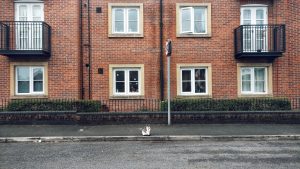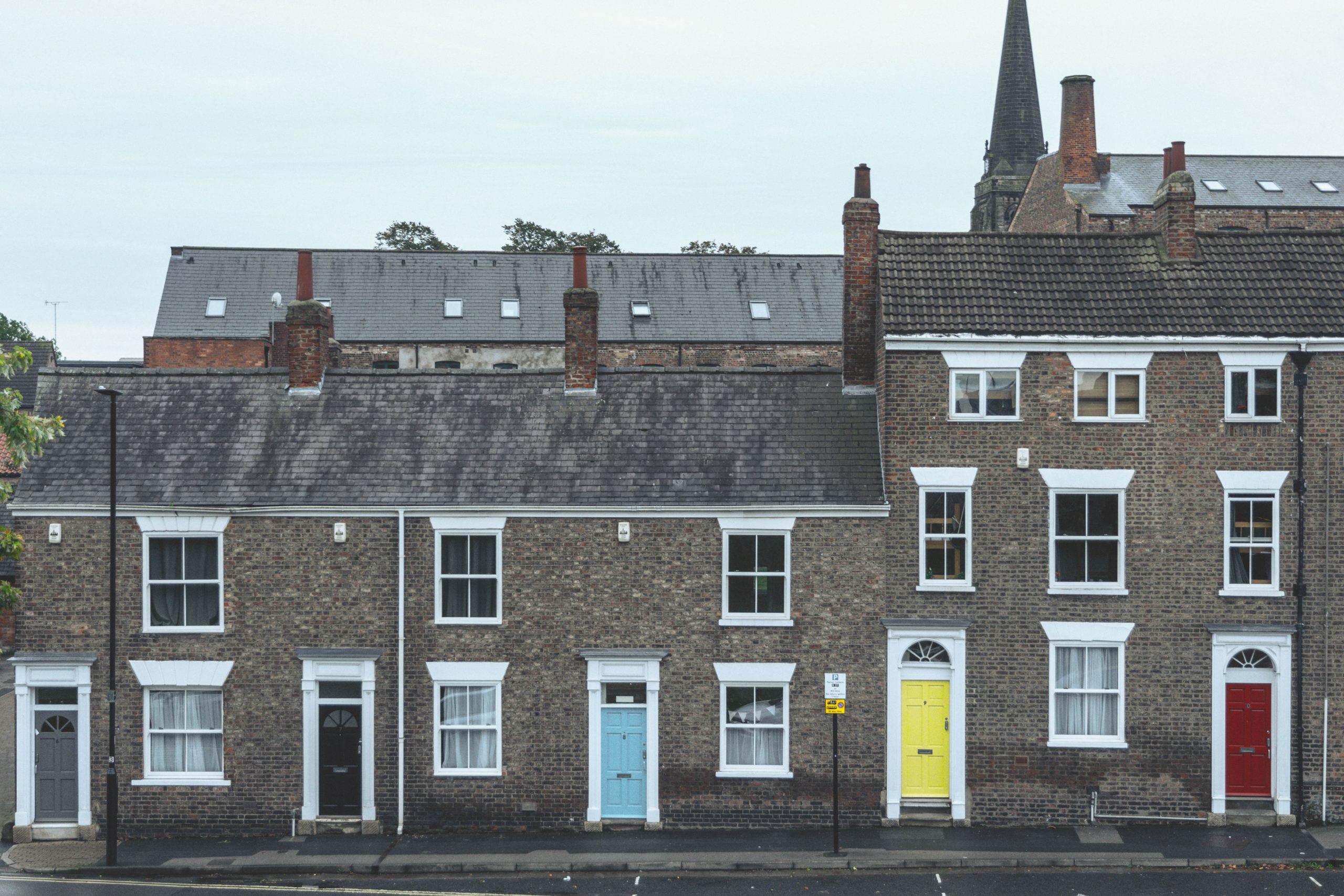Is flipping houses profitable UK?
A large majority of property investors in the UK have been successful in making an overall profit on their property flip, with over 50% of properties flipped in the last two years yielding a profit ranging from £10,000 to £70,000.
Property flipping is the process of purchasing a property at a low price, refurbishing or renovating it, and then reselling it at a higher price for a profit. This practice is commonly used by developers as a means of making a quick profit, but it can also be utilized to enter the buy-to-let market.
While it may result in a short-term loss, it can generate a long-term income along with a likely increase in the property’s capital asset value. In conclusion, property flipping in the UK can be a profitable venture for investors who approach it strategically and with a thorough understanding of the market.
What is the 70% rule in house flipping UK?
The 70% rule is a guideline that can help house flippers in the UK determine the maximum price they should pay for an investment property. The rule states that investors should spend no more than 70% of a property’s after-repair value (ARV) minus the costs of renovating the property.
Essentially, this means that the goal for flippers is to purchase a property at a low price, renovate it, and then sell it for a higher price in order to maximize profits.
When using the 70% rule, investors need to estimate the potential selling price of the property after renovations and then multiply that amount by 70%.
They can then subtract the estimated cost of repairs from that number to arrive at the highest price they should pay for the property.

However, the 70% rule should be considered as a general rule of thumb rather than a strict formula.
It’s important for investors to study market conditions, work with professionals to get accurate resale estimates, and meet with contractors to determine the cost of repairs and renovations.
Additionally, if using a mortgage to finance the investment property, investors should factor in the loan amount and term when evaluating expenses and the ARV of the property.
Overall, using the 70% rule as a starting point can help house flippers in the UK make informed decisions about which properties to invest in and how much to pay for them.
How much tax will I pay if I flip a house UK?
When an individual sells a property in the UK that is not their primary residence, they are subject to capital gains tax (CGT). If the property is flipped and then rented out, the CGT rate is 20%. However, for higher-rate taxpayers, the rate is increased to 40%.
Capital gains tax is paid on the profit made from the sale of the property, and the amount paid depends on the individual’s tax rate and the profit made. It’s important for those who plan to flip houses in the UK to consider the potential tax implications when calculating potential profits.
Seeking professional advice from an accountant or tax expert can help ensure compliance with all tax laws and regulations.
Does flipping houses avoid capital gains tax uk?
Capital gains tax, or CGT, is a tax that must be paid when you sell an asset for profit, such as property, cryptocurrency, or shares. However, according to HMRC, house flips are not considered investments, which means that you may be exempt from paying CGT if you sell your house for profit or flip it.
Nonetheless, other taxes may still apply, and you should be aware of these when deciding to sell or rent out your property. Renting out a property, for example, can be subject to CGT.
How much money do you need to start flipping houses UK?
On average, flipping a three-bedroom house in the UK can cost between £40,000 to £75,000. However, the actual cost can be higher depending on the extent of necessary renovations and the cost of materials and fittings. It’s important to consider that the total cost may vary based on the property’s location and other factors such as the cost of labor and permits.
As such, conducting thorough research and creating a detailed budget is essential before beginning a house flipping project. This ensures that all expenses are considered and that the project remains profitable.
What factors should you consider before flipping houses uk?
Before starting to flip houses in the UK, there are several key factors that you should consider to maximise your profit potential. Firstly, it’s essential to choose an area where buyers are active, and where they are looking to buy a home rather than just invest.
You should research the area’s property sales, keeping an eye on online property portals to see how long listings take to be sold. Other factors to consider include the proximity of transport links, schools and amenities.
Secondly, consider your target market and their expectations in terms of property layout and specification. Thirdly, understanding the seller’s situation can help you pitch your offer effectively.

Fourthly, purchase price is a significant factor affecting profit margins, so it’s essential to buy at the right price.
Fifthly, renovation costs, timelines and other expenses can quickly add up, so it’s crucial to consider these when calculating potential profits. Finally, understanding the likely sale price of the property after renovation is essential to flipping success.
Research sold prices of comparable properties in the area to determine the average sale price you can expect.
Where is the most profitable place to flip houses UK?
The UK is a great place for property investors to flip houses due to its diverse neighbourhoods, vibrant cities and excellent locations. Property flipping can be a lucrative business, but it is important to research and create a detailed budget before embarking on a house flipping project.
London is one of the most obvious choices for property flippers due to its thriving economy and large population. However, with its high property prices, investors must be aware of the risks involved.
Manchester, on the other hand, has become a popular destination for property investors due to its strong rental demand and affluent population. Its booming property market and great transport links make it ideal for flip projects.

Birmingham is another great city to flip houses in, with its diverse population and competitive prices.
Edinburgh’s picturesque streets, stunning architecture and thriving economy make it an ideal location for flip projects, especially in the tourist market.
Liverpool’s vibrant culture, diverse nightlife and high demand for rental properties also make it an attractive option for property investors. Ultimately, it is crucial to conduct thorough research to find the flip project that best suits one’s needs and offers potential returns.
How can I make money from property UK?
There are several ways to make money from property investments in the UK. One option is to let out your property, as there is a high demand for rental properties.
You can choose to act as a landlord or hire a property manager to handle tenant interactions and enhance your earnings.
Another possibility is to provide short-stay rental options for holiday homes, which requires compliance with local laws and a more hands-on approach. You can also buy properties, renovate them, and sell them for a profit, commonly known as flipping.
This approach may require experience or connections in the building industry and entails risks.

If you have a large garden area, you can utilize it to grow produce and sell it, or add energy collection elements to your home to obtain funding or money back from energy suppliers.
Considering foreign property options for letting, holiday homes, or buying and selling can also provide different investment opportunities.
If you prefer diversifying your investment, property crowdfunding options allow you to invest in short or long-term projects, provide peer-to-peer loans, or buy shares in firms that buy property to sell or let.
These options can minimize your risk or scale of individual investment. Therefore, it’s crucial to consider your investment aims, market trends, and associated risks before choosing a strategy.
Is house flipping a risk?
Flipping a property can be a high-reward investment strategy, but it also carries significant risks. It requires a substantial upfront investment, and if the flip does not result in a profit, that money could be lost forever.
Several external factors, such as a dip in the property market, economic conditions, escalating renovation expenses, and unexpected renovation complications, can also influence the profit margin, and these variables are beyond the flipper’s control.
Despite the inherent risks, successful property flipping can lead to a sizable profit in a short period of time.
How quickly can you flip a house UK?
Completing a house flip within a two to four month period is an ambitious goal, but it can be accomplished if circumstances align in your favor. Nevertheless, it is important to take into account the various costs and fees associated with the process, as well as the potential variables that could work against you.







